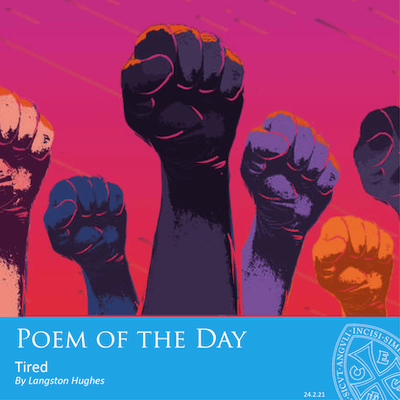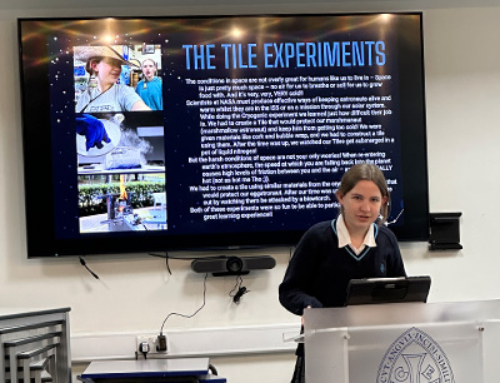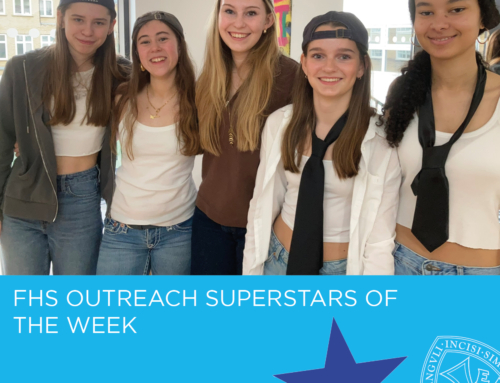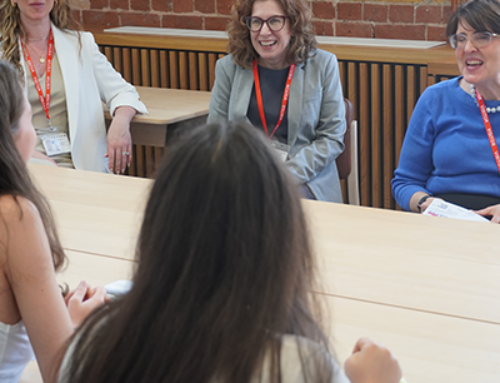Today’s poem has been chosen and introduced by Head of EPQ and Teacher of English, Ms Geussens.
In keeping with my colleagues Mr Macdonald-Brown and Mrs Banks this week, I decided on a poem that, for me, conveys a bit of the excitement and the restlessness of this unique time in our lives. The end of the lockdown is in sight, and yet – doesn’t it feel like ages away? The poem is called ‘Tired’, and was written by Langston Hughes. It’s very short.
Tired
At the rind.
Langston Hughes
I originally wanted to choose ‘The Orange’ by Wendy Cope, a beautifully optimistic poem which conveys exactly what I hope awaits us in the summer. However, Mrs Street has already offered you that treat (on 22 May 2020, if you want to look it up). Once I got over my disappointment, this poem seemed to suggest itself: as if it continues Cope’s fruit motif, although it was written several decades earlier.
The poet has also featured before in FHS Poem of the Day, as Mr Galloway chose Hughes’ poem ‘Let America Be America Again’ on 3 June 2020, at the height of the Black Lives Matter protests. This poem, too, is a part of the American civil rights movement, and it would be wrong to separate it from that context. However, Hughes’ concerns are still relevant: Black British people, so many of them care workers, have died disproportionately in the last year. Once we go back to normal, as we all like to say, we have a responsibility to ask ourselves whether normal is good enough.
We all want the world to be ‘good/And beautiful and kind’, I think, in the simple way that Hughes’ straightforward diction suggests. He doesn’t specify whether he wants equality for Black Americans specifically, or other forms of equality, or just a general improvement of society. However you interpret his wish, this poem reminds us that that responsibility lies with us. We can’t just snack on our shared orange; we have to ‘cut the world in two’ – a process that sounds quite painful – and face which ‘worms are eating/At the rind’. The symbolism goes all the way back to William Blake at the earliest, and even the fruit of Genesis.














